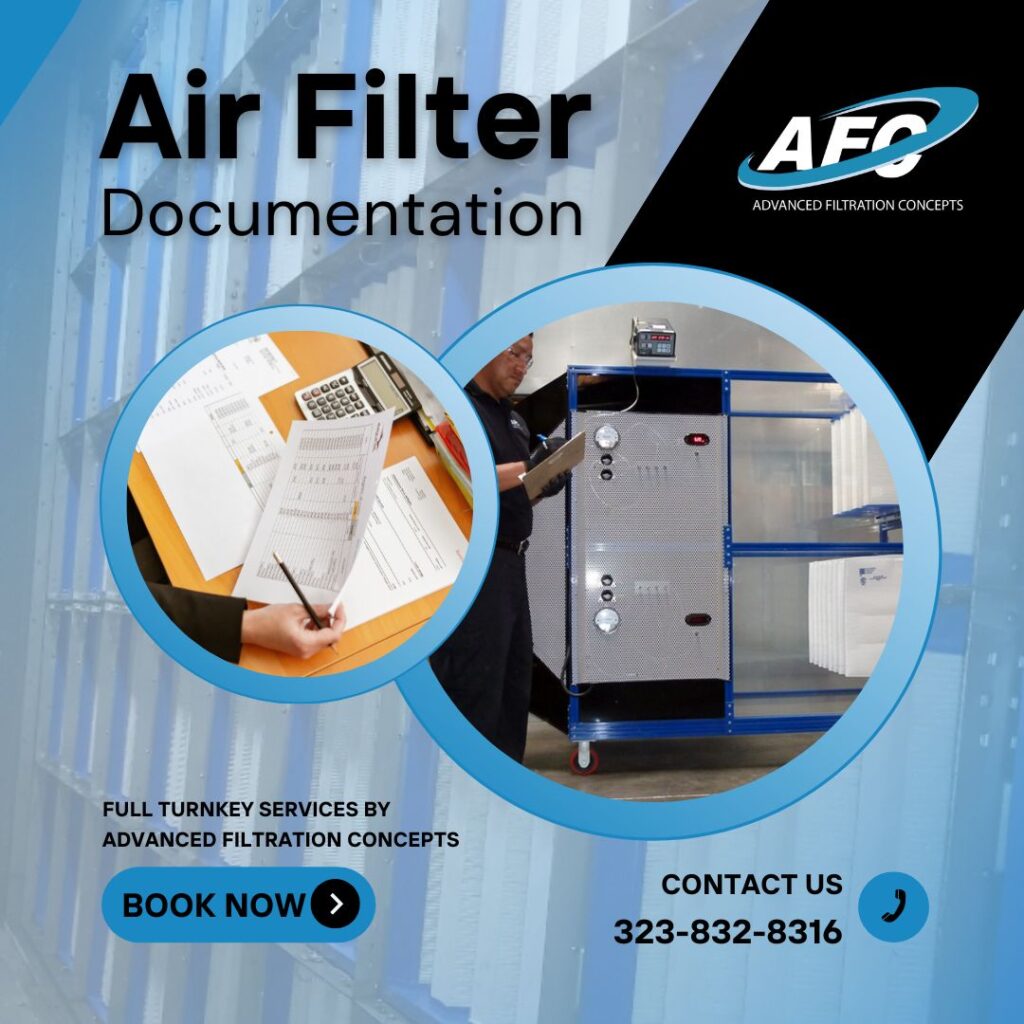It is important to document the process of changing your air filters in order to ensure that the air quality in your building remains safe and healthy. Knowing when your filters are being changed, how often they are being changed, and what type of filter is being used can help you make sure that you are getting the most out of your HVAC system. Documenting this process will also help you keep track of any changes that may need to be made in order to keep your air clean and free from contaminants.
Why It Is Important To Document Your Filter Process
Air filters are an important part of any HVAC system. It helps improve indoor air quality for everyone in the building. It’s important to document the filter change-outs because it can help you identify any potential problems with the system, such as clogged filters or incorrect filter sizes. This allows you to make necessary changes to keep indoor air quality (IAQ) at its best. By documenting your filter change-outs, you can ensure that your HVAC system is running efficiently and that your IAQ is at the best it can be.
Why Is It Important To Replace Air Filters?
Air filters are essential for many applications, including hospitals, office buildings, and other commercial spaces. Different types of air filters are available to meet the needs of each application. It is important to understand the differences between each type in order to select the best filter for your particular application. If an air filter becomes clogged, it could keep your system from running efficiently and effectively. It can put more strain on your system, causing it to wear out faster or use more energy, thus increasing your costs. It’s important to replace your air filters to help your HVAC system do what it’s designed to do, effective and efficient air filtration. This is why documenting your air filter process is important.
Different Types Of Air Filters
There are many different types of air filters for specific purposes. HEPA air filters are designed to remove particles from the air that can cause health problems. Pleated filters are designed to capture larger particles and provide a higher level of filtration than HEPA filters. V-bank filters provide a high level of filtration for large areas such as hospitals, power plants, office buildings and more, while common box filters are used in smaller spaces such as bathrooms or kitchens or homes in general to reduce odors and improve air quality. Carbon air filters also help filter out odor caused from smoke or many other things. Each type of air filter has its own advantages and disadvantages depending on the application it is being used for.
Different Filter Ratings
There are air filters with different ratings as well. MERV-ratings are used in commercial settings to measure air filter efficiency. A MERV rated filter is given a certain rating for how effective it filters out dust, pollen, and other airborne particles. It’s important to document which filter efficiency was used and what is currently being used in your building. Data from documentation can be compared to provide the best filter efficiency for your system. Not all HVAC systems are created equal and not all filtration systems require air filters with the highest filtration efficiency.
Turnkey Services
While this may all sound confusing, it doesn’t have to be. There are many commercial and industrial air filtration companies that can provide you with expert opinions and commercial filtration services. Here at Advanced Filtration Concepts, we offer full turnkey services. We’ll take care of your air filters from start to finish so you never miss a deadline. We also offer full documentation for your air filter process, as well as, provide site surveys, and more. Have a conversation with us to learn more.

